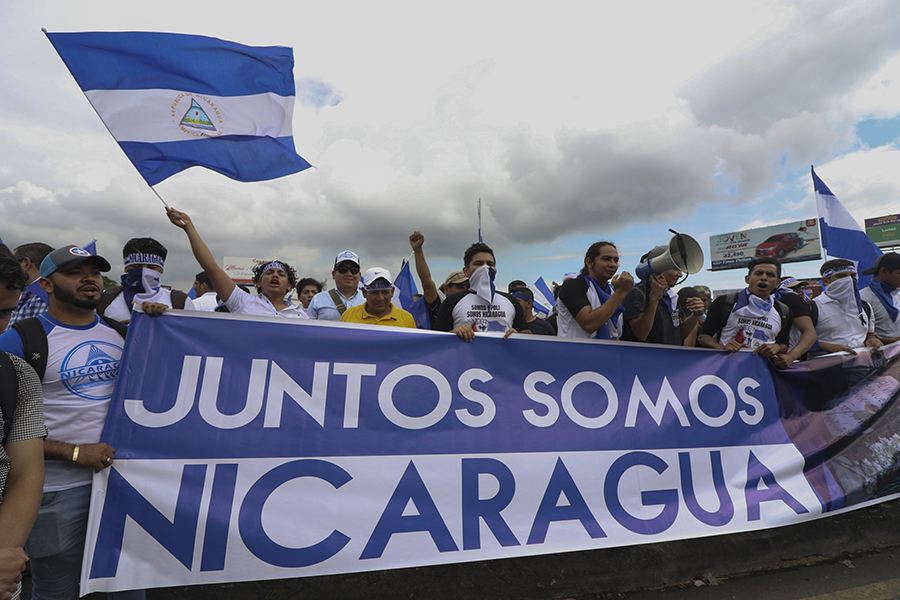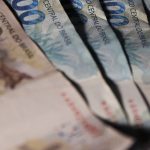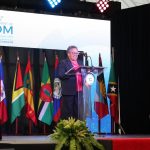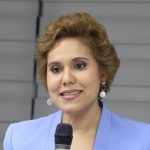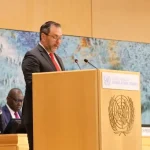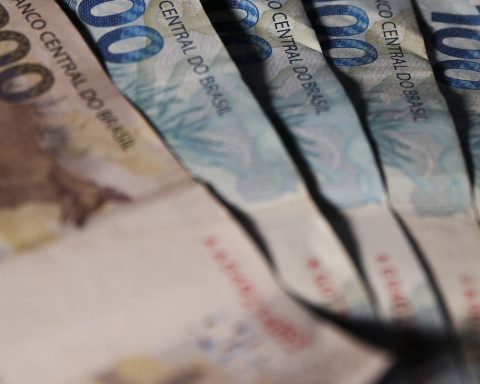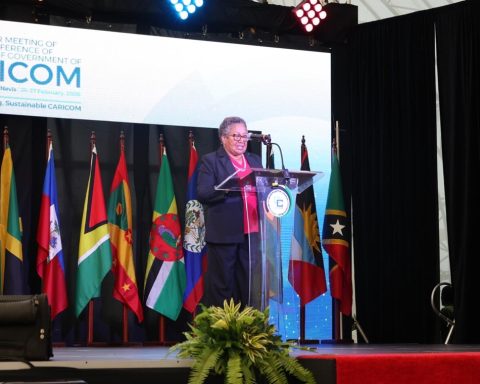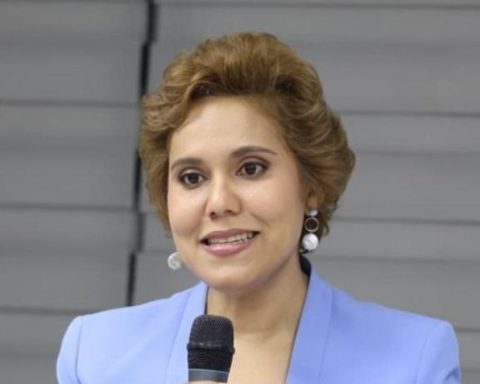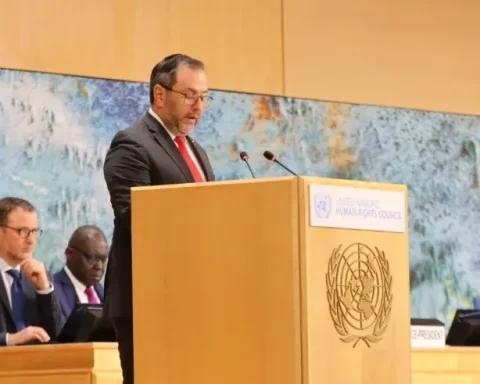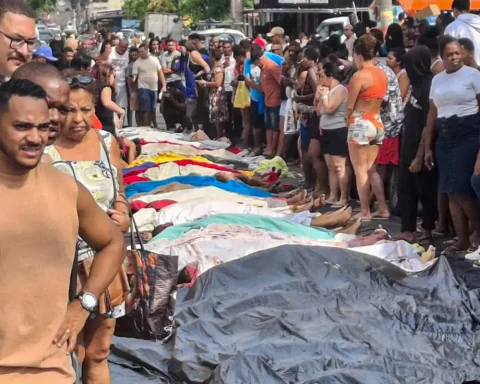The Monteverde initiative, which seeks the unity of the opposition forces to confront the dictatorship of Daniel Ortega, was presented on Monday, July 3, to the Nicaraguan exiles and diaspora in Europe, to whom they reiterated that they do not seek to monopolize the opposition or exclude anyone.
Opposition leaders and released political prisoners, together with members of the Monteverde group, initiator of the unionist proposal, moderated the meeting with the Nicaraguans in Europe. At the meeting, they assured that there has not been “not a single veto of any person within Monteverde,” and what has happened, they said, is that some actors have preferred to work in “more open spaces.”
The former politician, exiled to the US by the dictatorship, Suyen Barahona, assured that in Monteverde there has never been any talk of “governments in exile or transition.” He added that there has not been any talk about “one opposition group observing another.” “We are looking for joint actions,” he pointed out, and for this they have worked on “basic action planning”, in addition to the fact that he denied that they are an “electoral” group, since this issue has not been discussed.
Related news: “Monteverde” seeks to gain confidence among Nicaraguans and “talk” between opponents
In the meeting, held virtually, representatives of organizations of exiles and the diaspora, members of the SOS-Nicaragua network in Europe, which brings together 36 organizations in 13 European countries, also participated, solidarity organizations with Nicaragua, representatives of unions and self-convened groups.
The former presidential candidate and former exiled politician, Félix Maradiaga, when addressing the Nicaraguan opponents in Europe, clarified that, even though he is a director of Fundación Libertad, in the Monteverde initiative, up to now, he participates in a personal capacity and assured that he recognizes in that initiative “a plural space, with the normal and natural difficulties of all political processes” but with a very clear attitude of inclusion and not as a “single and much less hegemonic” space.
Likewise, Maradiaga called attention to the fact that Monteverde maintained a lot of secrecy or “excessive prudence” at the beginning, and that could be interpreted as “secrecy”, and in view of this, the initiative must move to a “proactive, information and communication” phase. ».
The opposition leader stressed that the Monteverde process does not yet have a defined name, but that, for the moment, it is “the willingness to listen to the different criticisms and try to correct them, to then open a phase that is aimed at giving citizens , what he expects, which is unity, but not from the logos, nor a unity of the organizations or political alliances, but a unity essentially in action».
For his part, the exiled former politician Juan Sebastián Chamorro insisted that, in the new process sought by the opposition unity, the same mistakes that were made in the National Coalition should not be made.
He insisted that unity from the Monteverde initiative must be done “within a framework of respect, tolerance and plurality”, because the common destiny of the opposition is “to end the Ortega dictatorship.”
Speed up the unit
For her part, the opposition leader who became the oldest political prisoner, Violeta Granera, explained that the effort to “articulate” the opposition must continue on the path it is taking, but “give it a little speed” and achieve “a common strategy of actions” that achieves the fastest weakening of the dictatorship.
“We all need to get closer,” insisted Granera, who also acknowledged that they still have communication problems between opponents “because we come from a political culture that leads us to disqualifying attitudes.”
The Monteverde initiative was born in 2021 in Costa Rica, promoted by a group of opponents exiled in that country, in order to promote a process of opposition unity to confront the Ortega-Murillo dictatorship. She has already been introduced to exile in the US and now in Europe. They assure that they are in the process of initiating joint actions to achieve the weakening of the Nicaraguan regime.
